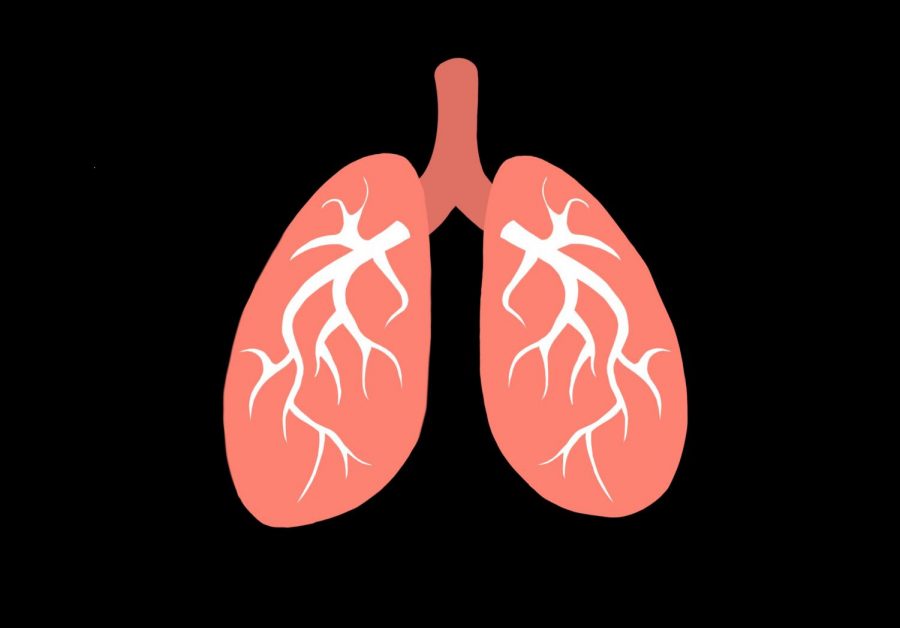Medicine director speaks about record-breaking decline in cancer mortality rates
January 12, 2020
A recent annual statistical report by the American Cancer Society revealed the largest yearly drop in deaths from cancer on-record between 2016 and 2017 and a 29 percent decrease from 1991 to 2017.
Dr. Jyoti Patel, Northwestern medicine director of thoracic oncology at the Robert H. Lurie Comprehensive Cancer Center, attributes this decline to advancements in treating lung cancer, the most common cause of cancer deaths. These developments include screening, surgical techniques, care and, most of all, immunotherapy, Patel said.
“We really are seeing the beginning of a paradigm shift in how we treat lung cancer,” Patel said. “We went from sort of treating everyone with chemotherapy to now these different modalities like immunotherapy and targeted therapy that have led to these survival benefits.”
The immunotherapy method of immune checkpoint inhibitors works by using antibodies to block proteins created by cancer cells, allowing T cells, a white blood cell essential to the immune system, to kill cancer cells in the process. The method is personalized, Patel said, because it adapts to each body’s tumor and white blood cells as well as any changes and mutations in cancer cells.
While not an author, the Lurie Cancer Center has contributed to many advancements of immunotherapy drugs outlined in the ACS report, Patel said.
The decrease in lung cancer mortality rates comes in conjunction with the decline in smoking. The American Heart Association reported in 2018 that smoking rates among U.S. adults hit an all-time low as of 2017, following a “downward trajectory for decades.”
Still, Patel said this kind of sharp drop in mortality rates isn’t achievable through a gradual decline in overall smoking, but rather a new method of intervention. Even for patients diagnosed with metastatic lung diseases, their median survival lifespan has increased from 8 months to 3 to 5 years in the last two decades, Patel said.
Patel said the next steps for Lurie Cancer Center’s research is developing screening and detection to determine higher-risk genotypes and prevention before lung cancer even occurs.
“We as a community are very excited about this,” Patel said. “It’s certainly great to see a decrease in a disease that has caused so much hardship in the United States and the world. Overall, I think we still have a lot of work to do. And we’ll continue to find better tools for early detection to find people at an earlier stage disease when their cancer is most curable.”
Email: [email protected]
Twitter: @yunkyomoonk












